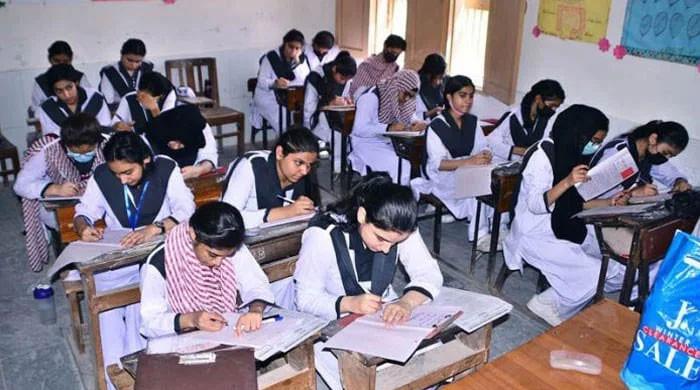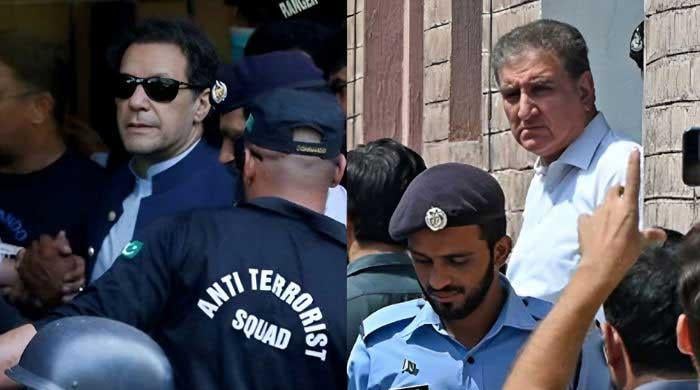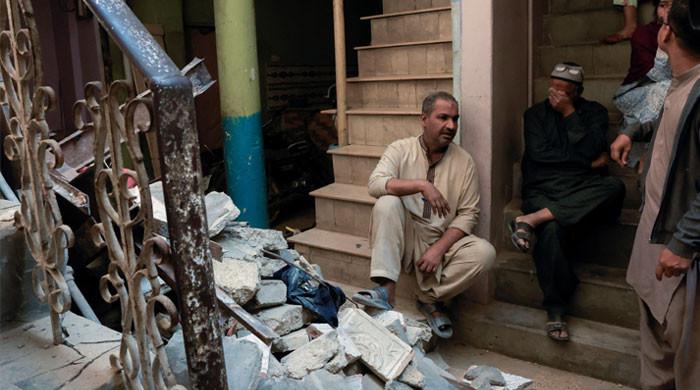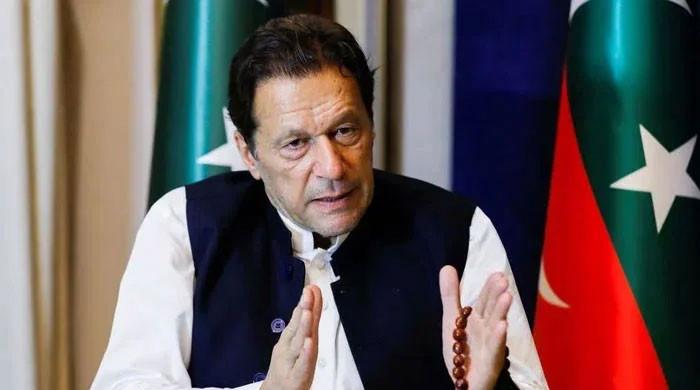Army chief assures military's assistance in combating locusts
Gen Bajwa says effective operations essential for food security and in mitigating the negative economic impact of the attacks
June 04, 2020
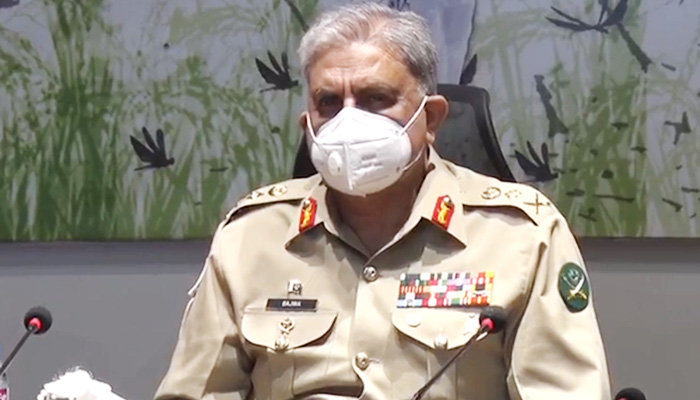
RAWALPINDI: Chief of Army Staff (COAS) General Qamar Javed Bajwa has assured the nation the army will assist civil administration in combating locust attacks, the military's media wing said Thursday.
The Inter-Services Public Relations (ISPR), in a statement, said that the army chief visited the National Locust Control Centre in Rawalpindi where he was briefed by Engineer-in-Chief Lieutenant General Moazzam Ejaz, who is the chief coordinator of NLCC.
Gen Bajwa appreciated National Locust Control Centre's role "in synergising national efforts in line with the National Action Plan", said the statement.
"[The] Army will make all possible resources available to help civil administration in combating [the] locust threat," Gen Bajwa said.
Read more: Banging utensils, playing loud music: India, Pakistan face worst locust attack in 3 decades
He stressed that effective operations are essential for food security in the country and in mitigating the negative economic impact of the attacks.
"The [government] has already declared [a] national emergency in this regard," the statement added.
‘Pakistan facing worst attack of desert locusts’
Pakistan might lose $8.71 billion worth of agricultural crops during the summer season in case locusts destroyed 75 per cent of the standing crops, The News had reported on Tuesday.
Senior agriculture scientist Dr Chaudhry Inayatullah said this as he spoke at an online lecture, titled ‘Locust Attack & Issues of Food Security’, organised by a think tank, Sindh Social Scientists Forum
He said the locust attack in Pakistan during the year is of severe nature and coordinated efforts of the federal and provincial government departments were essential for the elimination of locust swarms, which were now in billions.
Dr Inayatullah said it is estimated that if 25% of the crops were damaged during the current season, the loss would be $2.9 billion and if 50% crops were eaten up by locusts, the losses would be around $5.8 billion.
India, Pakistan face worst locust attack in three decades
The two neighbours — India and Pakistan — are currently trying to ward off the worst locust attack they have seen for the past three decades, according to foreign media reports.
In Pakistan, the desert locusts have reportedly entered from Iran, and have already devoured considerable quantities of crops in over 60 districts in all provinces, including Balochistan in the southwest.
As per local media reports, Pakistan is intensifying efforts to combat the plague with pest control systems which include spray aircraft. Among Indian states affected by the desert locusts — one of about a dozen species of short-horned grasshoppers — are northwestern Rajasthan, northern Punjab, western Gujarat and central Madhya Pradesh.
Several other states, as well as the territory that includes the national capital, have also sounded alarm over a potential attack in their regions.
In India's worst-hit areas, people have also resorted to tactics such as banging utensils and playing loud music to scare away the pests. Locusts are an omnivorous and migratory insect that can fly hundreds of kilometers in swarms and easily cross national boundaries.






